Iranian app improves quality of life for the hearing impaired
According to Alireza Abadian, the technical manager of the startup, ‘hanapp’ has been designed by using artificial intelligence.
The application has a variety of components that help the people with hearing impairment to do their daily chores and have easier lives.
“A set of different voices are recorded in the memory of this application; for example the sound of door or the honk of a car; the application identifies these pre-recorded voices in the surrounding environment and send messages to the user and tells what voices they are,” said Abadian.
“The application is also sensitive to different frequencies. The frequency of some sounds change a lot, like the babies’ sounds.
These kind of sounds cannot be pre-recorded, but hanapp modifies the frequency of the sounds based on the environment and alarms the user whenever the frequency is at the most appropriate rate.
For example, a wide range of frequencies are configured for babies’ cries or laughs,” he added.
“Another service of this application is changing the speech into writing. For example, if the hearing impaired people want to do shopping or take some classes, they can use the application to convert people’s speech into writing.”
“The application also reads a different set of barcodes. These barcodes, which are specifically designed for people with hearing loss, will be placed in historical sites and recreational facilities.
With scanning these barcodes, all the information about that specific place will be explained to the user in sign language.”
“Currently, the barcodes are being prepared and with cooperation of the relevant organizations, they will be installed in specific places in near future.”
“Hanapp is the only software in the world that is specifically designed for the people with hearing loss and we have registered it as a patent.”
According to Abadian, the application has been available for about a month now, and can be downloaded in both Google Play and Bazaar.
Hearing loss facts and figures
According to the World Health Organization (WHO), estimates over 5 percent of the world’s population – or 466 million people – has disabling hearing loss (432 million adults and 34 million children). It is estimated that by 2050 over 900 million people – or one in every ten people – will have disabling hearing loss.
Disabling hearing loss refers to hearing loss greater than 40 decibels (dB) in the better hearing ear in adults and a hearing loss greater than 30 dB in the better hearing ear in children.
The majority of people with disabling hearing loss live in low- and middle-income countries.
Based on the figures announced by the Ministry of Health in Iran congenital deafness occurs in 2.7 out of every 1,000 births. Moreover between 3 and 5 per 100 students attending school suffer deafness.
Hearing loss may result from genetic causes, complications at birth, certain infectious diseases, chronic ear infections, the use of particular drugs, exposure to excessive noise, and ageing. It is worth noting that 60 percent of childhood hearing loss is because of preventable causes.
Saeed Mahmoudian, director general for a hearing health program at the Ministry of Health, told ISNA news agency that in general hearing loss prevalence in Iran is equal to the global rate which is 5 percent.
However, he warned that inter-family marriages have given rise to congenital hearing loss in some provinces such as Fars, Sistan-Baluchestan, Kermanshah, Kohgiluyeh and Boyer-Ahmad, etc. three times above global rate. Mahmoudian regretted that genetic counselling is being overlooked in these regions.
Source: Tehran Times
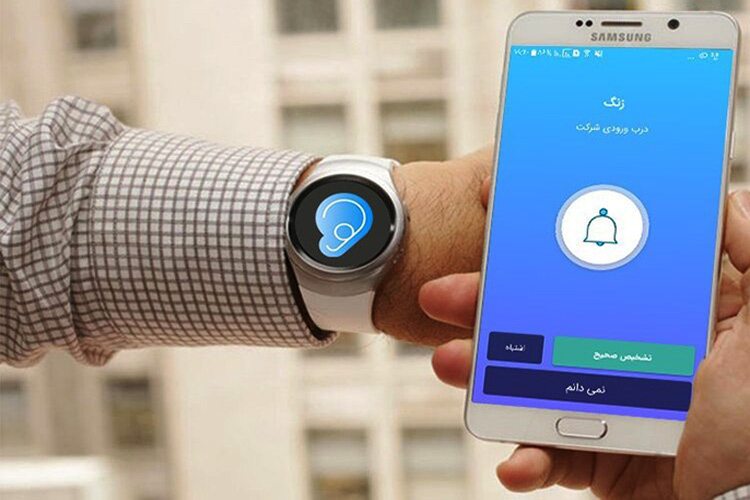
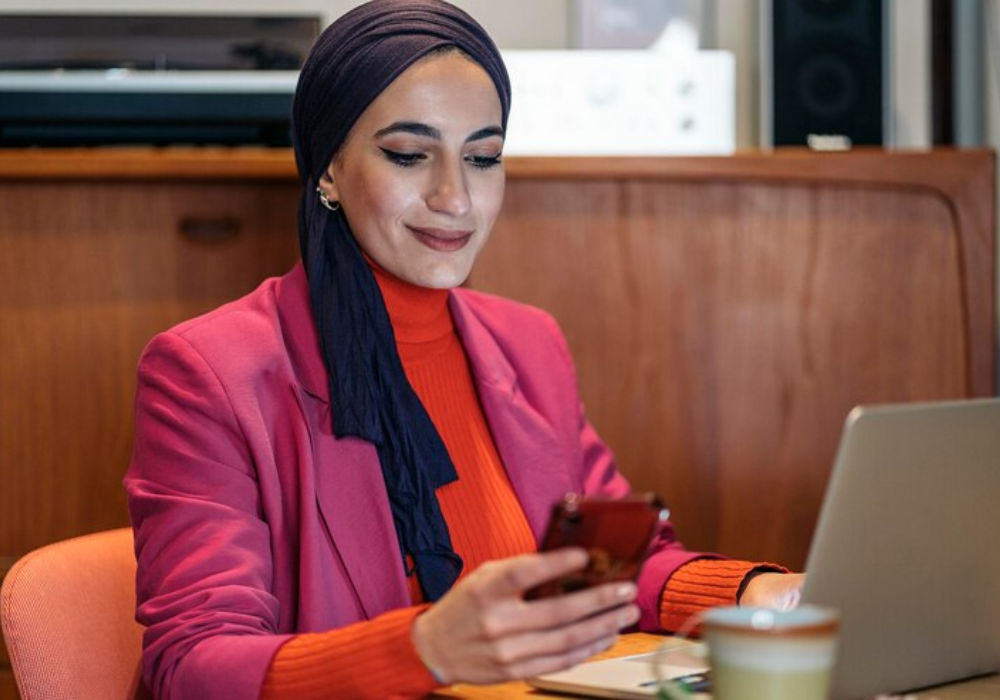
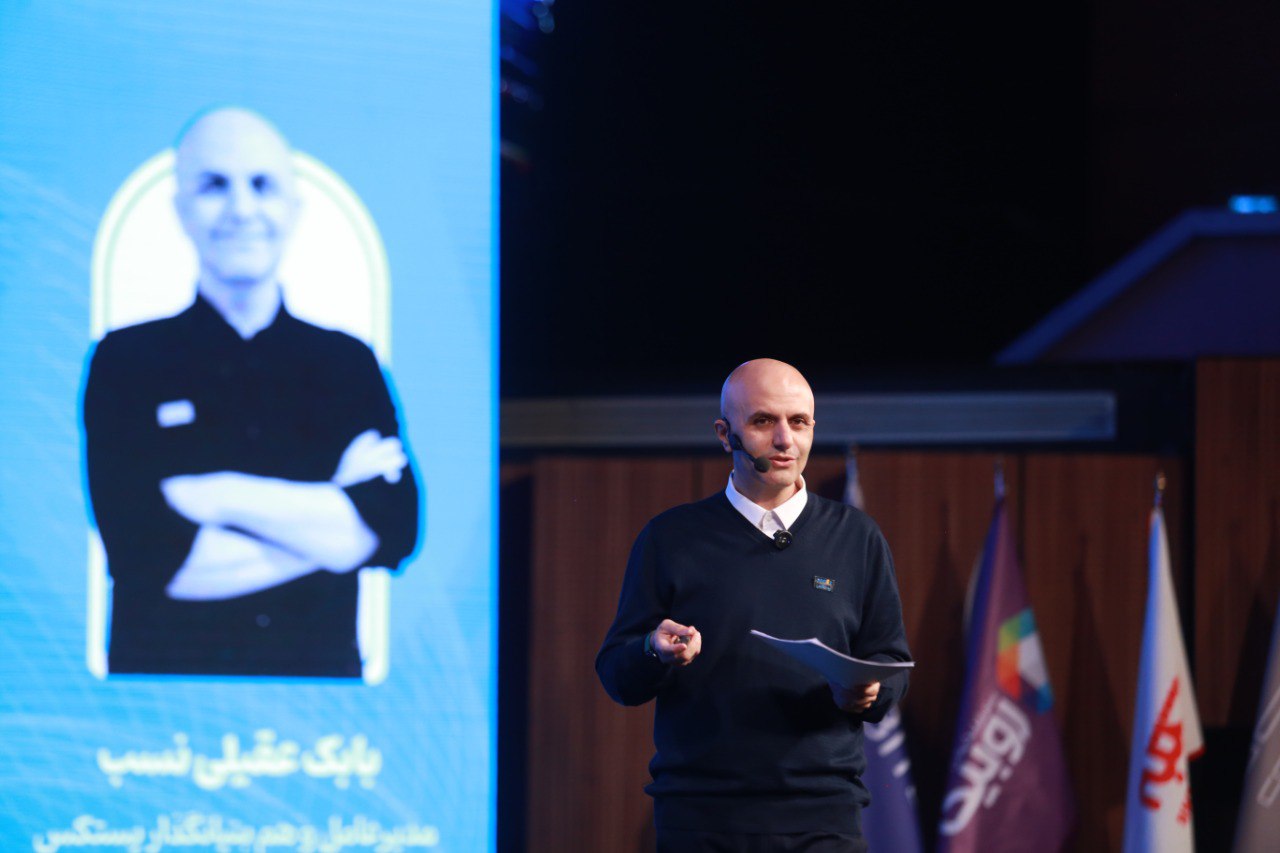


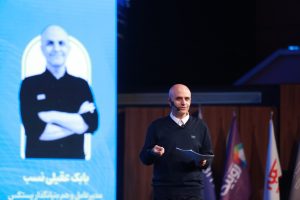



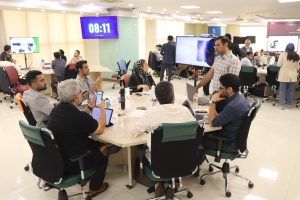

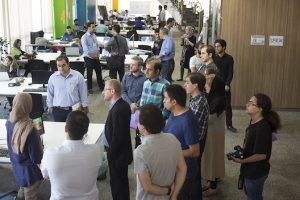


Post Comment